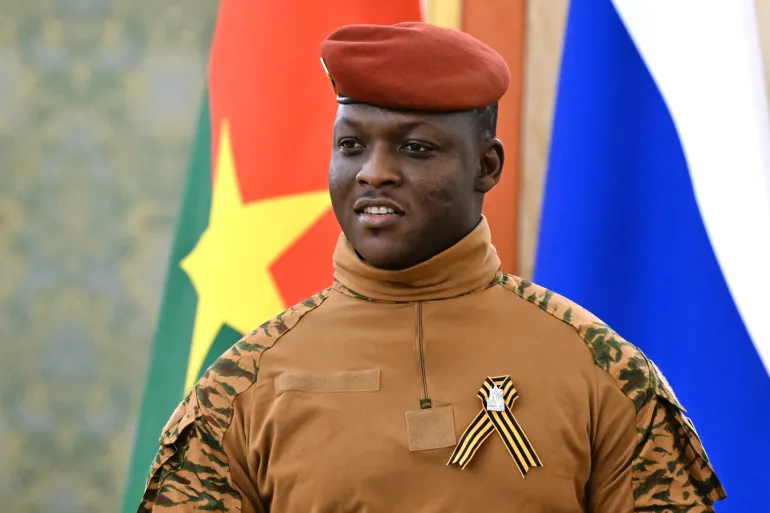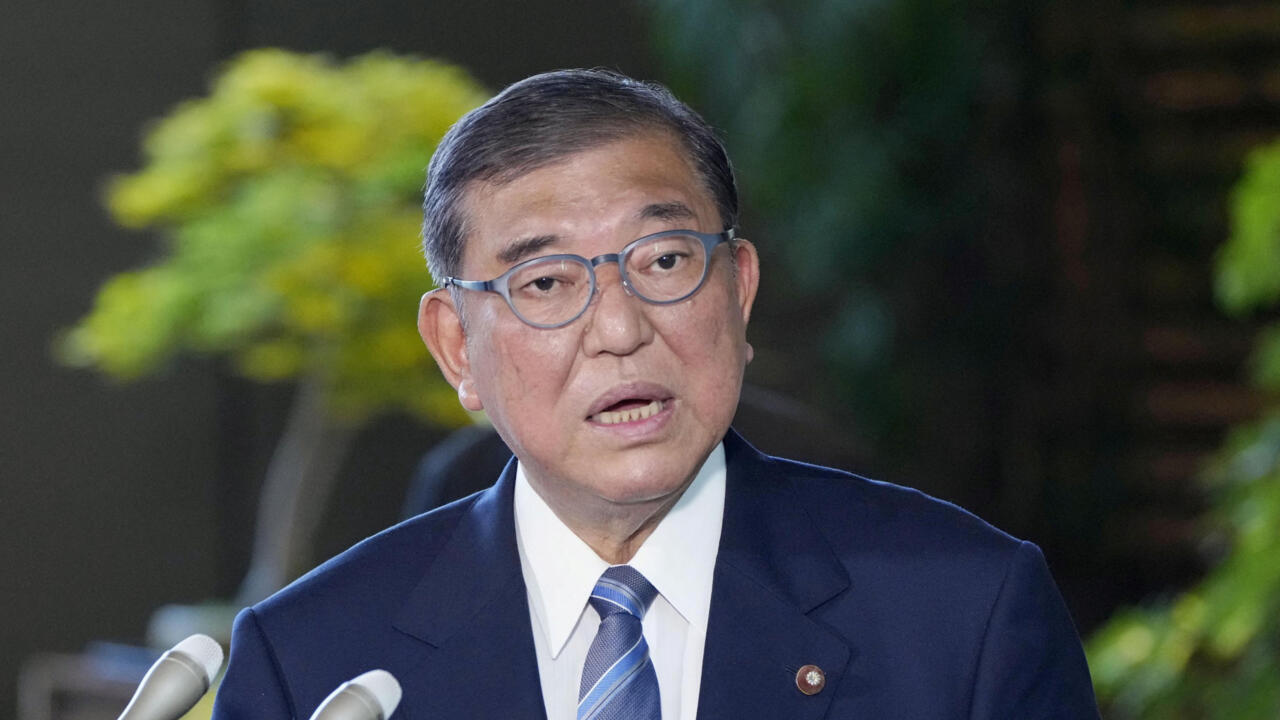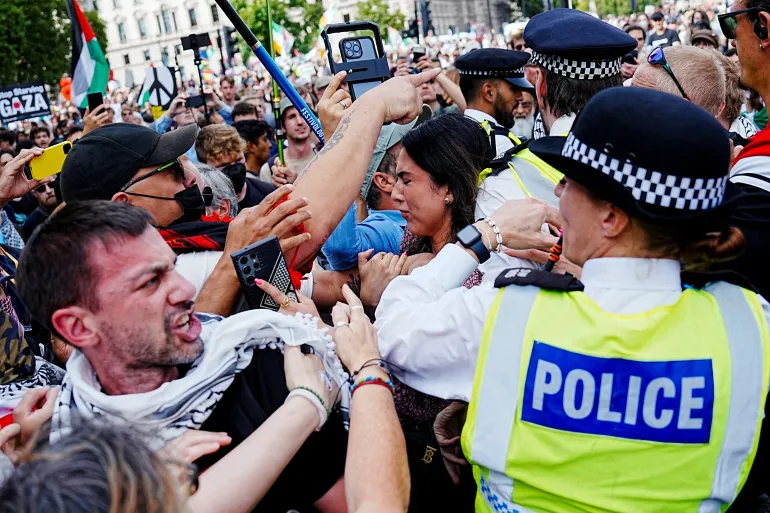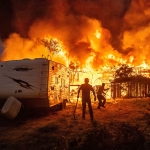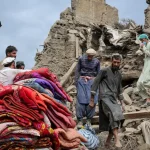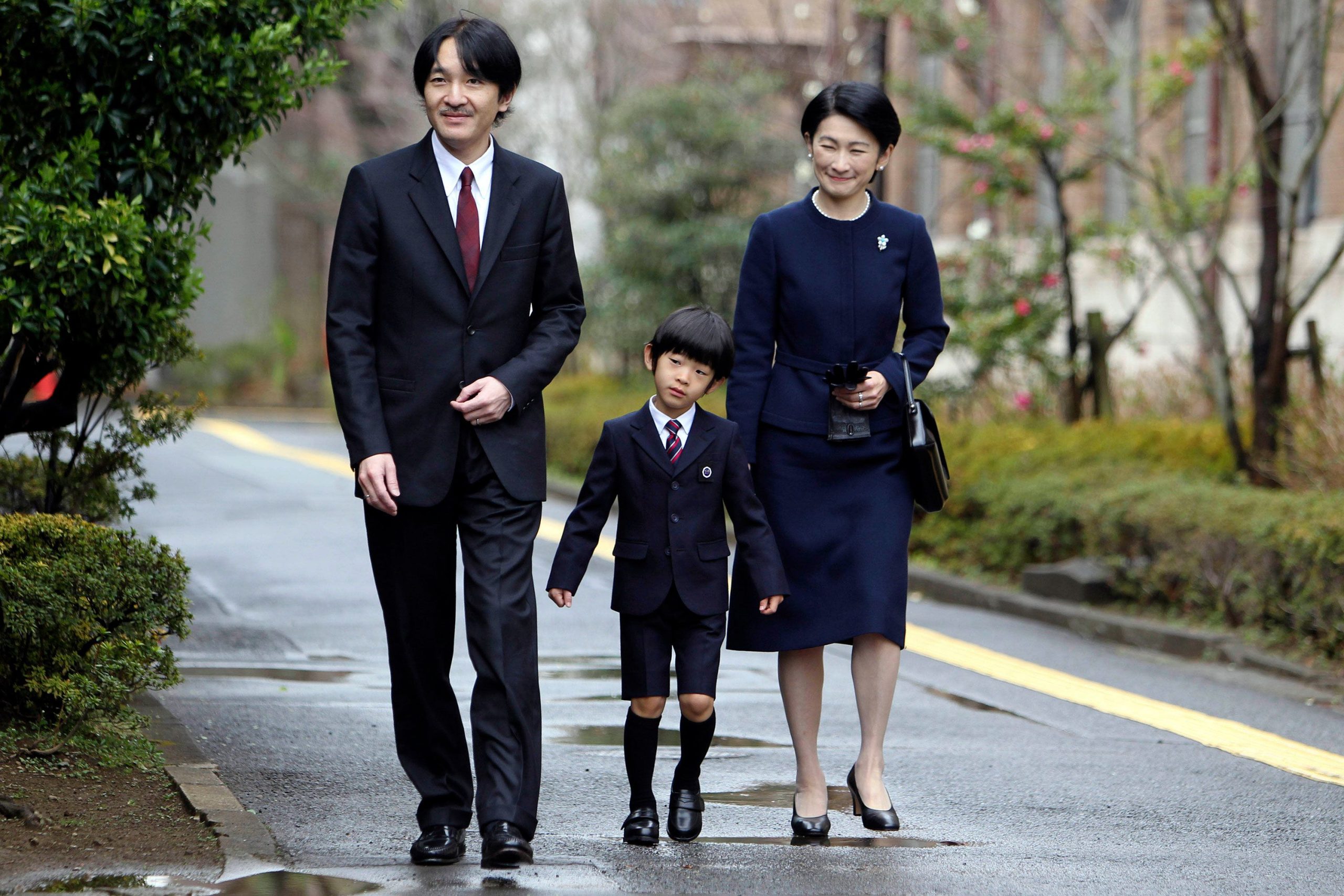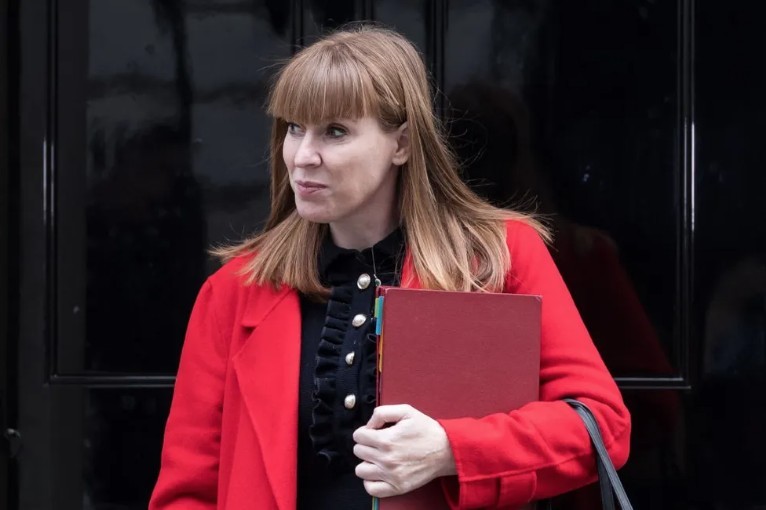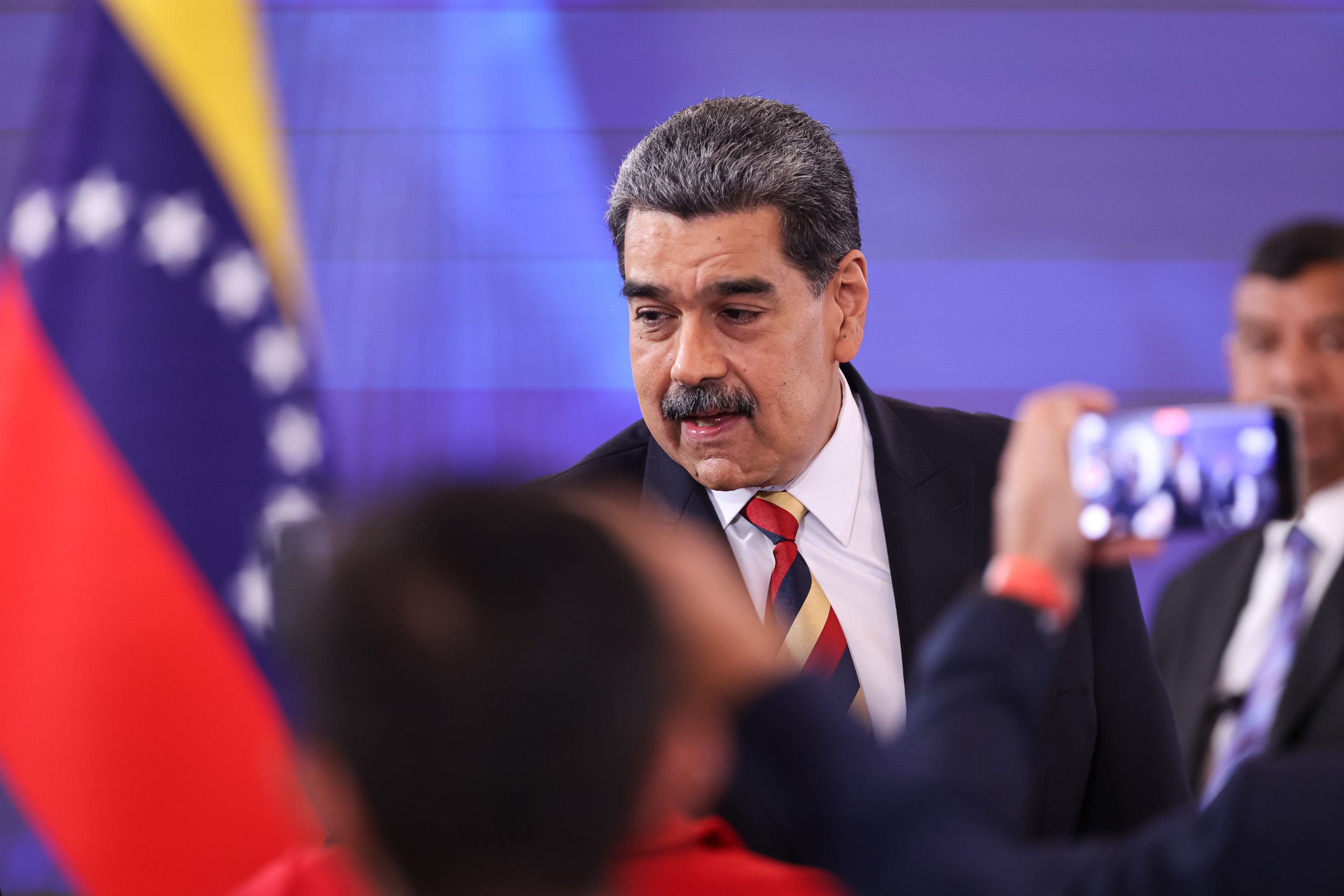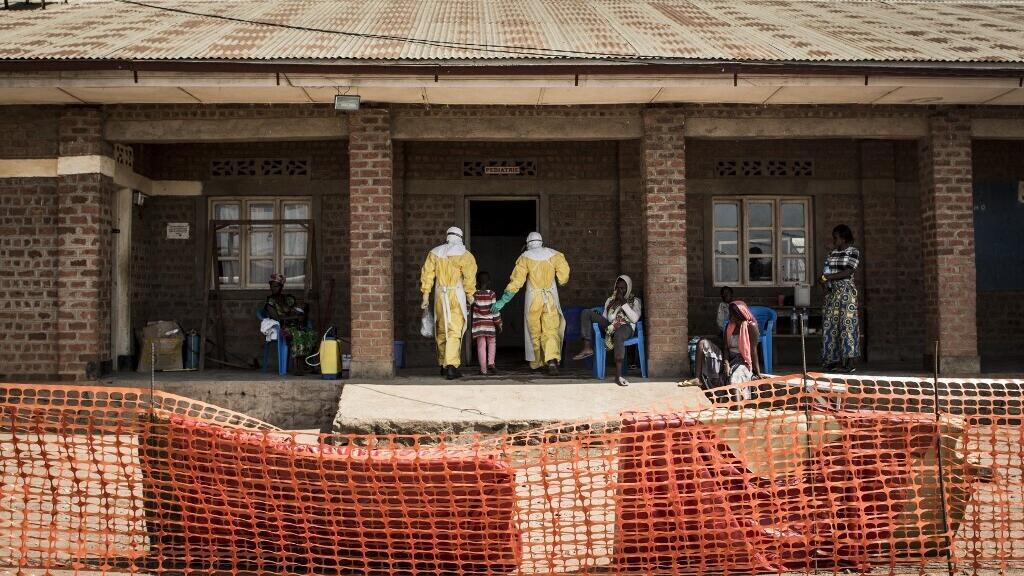Burkina Faso has made international headlines after its transitional parliament passed a law criminalizing LGBTQ practices, signaling a significant shift in the country’s legal and social landscape. The legislation imposes prison sentences ranging from two to five years and fines on individuals engaging in homosexual acts while also penalizing any actions deemed to promote or advocate for LGBTQ rights.
- Historical Context and Legislative Development
- Legal Provisions and Implications
- Public Reaction and Societal Impact
- International Reactions and Diplomatic Considerations
- Regional Trends in LGBTQ Legislation
- Potential Implications and Future Outlook
- Frequently Asked Questions
- What does Burkina Faso’s new law criminalize?
- How has the LGBTQ community in Burkina Faso been affected?
- What is the international reaction to this legislation?
- How does Burkina Faso’s law compare to other African countries?
- What are the potential future developments for LGBTQ rights in Burkina Faso?
- Conclusion
The law, passed unanimously by the 71-member assembly, reflects the government’s stated commitment to upholding traditional family values and cultural norms. Its enactment has sparked widespread debate, drawing condemnation from human rights organizations and foreign governments while generating mixed reactions domestically. Experts warn that the law may exacerbate discrimination and marginalization of an already vulnerable community and could have long-term implications for Burkina Faso’s social cohesion and international relations.
Historical Context and Legislative Development
Before this law, Burkina Faso did not explicitly criminalize same-sex relations. While homosexuality was socially stigmatized in certain regions, no formal legal provisions prohibited it. The military junta, led by Captain Ibrahim Traoré following the 2022 coup, proposed a draft amendment to the family code in July 2024, citing the need to preserve traditional values and protect societal norms.
The draft law quickly became a topic of domestic debate, with some citizens arguing that it reinforced cultural identity while others warned it could violate human rights obligations. After months of discussion, the transitional parliament passed the amendment in September 2025. Justice Minister Edasso Rodrigue Bayala defended the legislation, describing homosexual acts as “bizarre behavior” incompatible with Burkinabé cultural norms and asserting that the law reflects the “deep aspirations” of society to protect traditional family structures.
Legal Provisions and Implications
The law criminalizes both homosexual acts and any behaviors perceived as promoting LGBTQ rights. Convicted individuals may face imprisonment for two to five years along with significant fines, and foreign nationals violating the law are subject to deportation. The legislation extends beyond the act itself, encompassing public advocacy, online content, and social gatherings deemed supportive of LGBTQ communities.
Human rights advocates have criticized the law as overly broad and likely to infringe upon fundamental freedoms, including the rights to privacy, expression, and association. Organizations such as Human Rights Watch and Amnesty International have condemned the legislation, arguing that it institutionalizes discrimination and may increase violence and social hostility against LGBTQ individuals in Burkina Faso.
Public Reaction and Societal Impact
The law has elicited a range of responses from Burkinabé society. Some segments of the population support the legislation, viewing it as a necessary measure to preserve moral and cultural values and protect the social fabric. These individuals assert that the law reflects the collective will and aligns with local traditions.
Conversely, LGBTQ activists, human rights organizations, and allies have voiced strong opposition, describing the law as a regressive measure that threatens personal freedoms and human dignity. Many LGBTQ citizens have reported fear and anxiety, choosing to conceal their identities to avoid prosecution or social ostracization. The legislation has also led to an uptick in hate speech, harassment, and discrimination, both online and offline, creating a climate of uncertainty and vulnerability for marginalized groups.
International Reactions and Diplomatic Considerations
The international community has widely condemned Burkina Faso’s decision to criminalize LGBTQ practices. Human rights organizations, including the United Nations Human Rights Office and multiple Western governments, have expressed deep concern over the potential for increased persecution and the violation of internationally recognized human rights standards.
Diplomatic relations with Burkina Faso have faced strain as countries reassess aid and development partnerships in response to the new law. Conversely, some African nations have expressed tacit support or neutrality, reflecting a regional trend toward adopting similar legislation. This divergence highlights the tension between respecting national sovereignty and advocating for universal human rights protections.
Regional Trends in LGBTQ Legislation
Burkina Faso’s legislation is part of a broader trend in Africa, where many countries maintain or have strengthened laws criminalizing same-sex relations. As of 2025, over half of Africa’s nations have laws that penalize homosexual conduct, with some imposing harsh prison sentences or even capital punishment in extreme cases.
Countries such as Uganda and Nigeria have adopted highly restrictive laws, often citing religious or cultural imperatives. These regional patterns highlight ongoing debates about the legacy of colonial-era legal frameworks, the influence of religion, and the tension between international human rights norms and local cultural values. Critics argue that such laws perpetuate discrimination and human rights violations, while proponents defend them as protecting societal norms and family structures.
Potential Implications and Future Outlook
The enactment of this law may lead to increased surveillance and regulation of LGBTQ activities, heightened social stigma, and greater vulnerability to discrimination and violence. In the short term, the legislation is likely to impact freedom of expression, association, and access to public spaces for LGBTQ individuals. International pressure, civil society advocacy, and engagement from human rights groups may influence how the law is enforced, and future legal challenges could shape its application.
In the longer term, public opinion, political developments, and regional dynamics will determine whether Burkina Faso’s stance evolves or becomes further entrenched. The experiences of affected communities and the responses of civil society and international actors will play a pivotal role in shaping the trajectory of LGBTQ rights in the country.
Frequently Asked Questions
What does Burkina Faso’s new law criminalize?
The law criminalizes homosexual acts and any behaviors deemed to promote or advocate for LGBTQ rights. Convictions carry prison sentences of two to five years, fines, and potential deportation for foreign nationals.
How has the LGBTQ community in Burkina Faso been affected?
The law has created fear and uncertainty among LGBTQ individuals, leading many to conceal their identities and avoid public visibility. Increased discrimination, harassment, and social ostracization have also been reported.
What is the international reaction to this legislation?
Human rights organizations and several foreign governments have condemned the law, highlighting concerns about human rights violations and urging Burkina Faso to respect freedom of expression, privacy, and personal rights.
How does Burkina Faso’s law compare to other African countries?
Burkina Faso is joining a number of African nations that criminalize homosexuality. Many countries, including Nigeria and Uganda, have strict laws against same-sex relations, often citing cultural or religious justification.
What are the potential future developments for LGBTQ rights in Burkina Faso?
The future will depend on civil society resilience, international pressure, regional dynamics, and evolving public opinion. Advocacy and legal challenges may influence enforcement and future reforms, but the immediate outlook indicates increased marginalization of LGBTQ communities.
Conclusion
The passage of Burkina Faso’s law criminalizing LGBTQ practices marks a critical moment in the country’s legal and social history, reflecting the government’s emphasis on traditional values while raising serious human rights concerns. The legislation highlights tensions between cultural preservation and individual freedoms, illustrating the challenges faced by marginalized communities in asserting their rights.
Its enactment has provoked domestic debate, international criticism, and significant concern for LGBTQ individuals’ safety and dignity. As Burkina Faso navigates these complex issues, the actions of civil society, advocacy groups, and global stakeholders will be pivotal in shaping the country’s future approach to human rights, social inclusion, and legal protections for minority communities.









